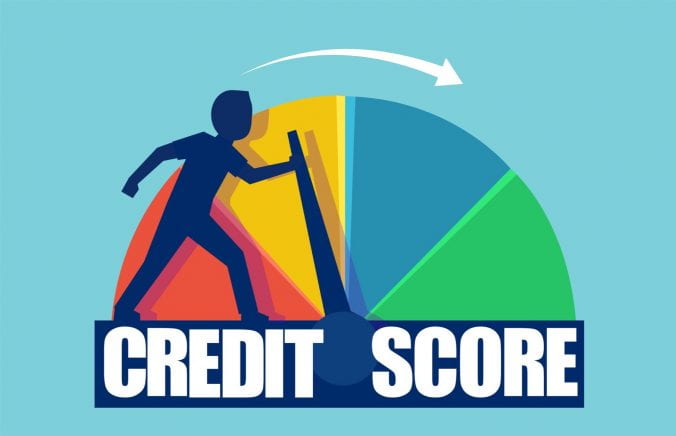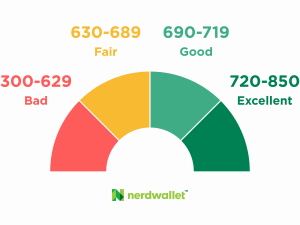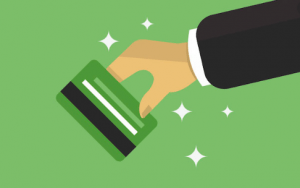Your 20s are a fun and exciting time in your life but many important life decisions are made in your 20s and most of them revolve around money. There’s a lot of financial talk going around about what you should be doing with your money in your 20s, but don’t you want to know what not to be doing? In no particular order, here are 15 money mistakes to avoid in your 20s!
![]()
1. Spending too much money on rent
While rent prices vary depending on location, as a rule of thumb, you shouldn’t spend more that 30-40% of your annual income on your annual rent. Don’t rent beyond your means. Do your research and try to find roommates.
2. Not having an emergency fund
You never know what life is going to throw at you. It is very beneficial to have an emergency fund set aside in the event of a medical expense, a car accident, or even losing your job. It is suggested that you have 3 months worth of salary set aside but just start small and build it over time!
![]()
3. Not having insurance
Going off of the last point, get insurance! You never know what will happen. Whether it is health insurance or renters insurance, insurance is a very important investment. It is always good to be prepared.
4. Pretending you can afford expensive outings
FOMO is real and it may be hard to resist going out with your friends, but if weekly Sunday brunch is hurting your bank account, you may want to cut back. Suggest cheaper alternatives to your friends who may have higher salaries!
![]()
5. Not negotiating your first salary
Entering the workforce is really intimidating, and many young people make the mistake of not negotiating their salary. Even if it’s not that much more, it doesn’t hurt to try. Learn to say no and know your worth!
6. Not reading the fine print
When you are signing a lease, employer agreements, or any kind of contract, don’t forget to read the fine print. It is important to know exactly what you are agreeing too. It could save you a lot of money in the long run.
![]()
7. Not saving for retirement
Retirement seems so far away, but the sooner you start saving for retirement, the better the payoff will be in the end. If you have a full time job, see if you qualify for benefits.
8. Not having financial goals
Financial goals guide you in your money endeavors. It is important to know how you are going to save and spend your money.
Check out our last blog post to read more about healthy financial goals.
![]()
9. Failing to track your purchases
It is so easy to track your spending. When you see your purchases all laid out in one place, you are able to see where your money is going and what things are necessary and unnecessary.
10. Forgetting about monthly subscriptions
Monthly subscriptions can add up and oftentimes they are not all necessary. It is easy to lose money by forgetting to cancel subscriptions after free trials are over.
![]()
11. Committing to higher education without a plan
College is not for everyone, and graduate school is not for everyone. When considering going to school, think about whether your debt is going to pay off in the long run. It is important to have a long term plan.
12. Not having multiple streams of income
This may not be possible for everyone, but if you have the chance it is very beneficial to have multiple streams of income. These days, there are so many side hustles that can earn you extra cash, even from home!
13. Buying a new car
Buying a brand new car is a huge investment. Your car is a depreciating asset. Its value declines the second you drive it off the lot. Buying a used car can save you a lot of money and still gets you from place to place.
Check out our blog about buying a car.
![]()
14. Not comparing prices
When shopping, avoid automatically opting for the first thing you see. Do your research and find the cheapest option for what you need. While it may just be a one or two dollar difference, those few dollars can add up in the long run.
15. Avoid lifestyle creep
According to Investopedia, Lifestyle Creep is the phenomenon where discretionary consumption increases on non-essential items as the standard of living improves. Just because you get a higher paying job, doesn’t mean you can start spending more and buying expensive things. Always keep a frugal mindset and be responsible with your money!
Edited by Marcus

















Recent Comments